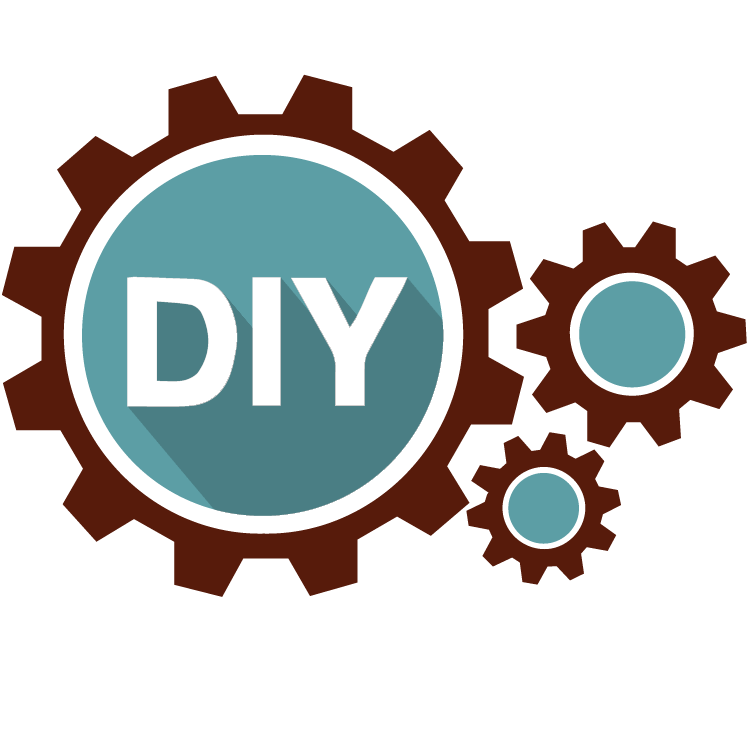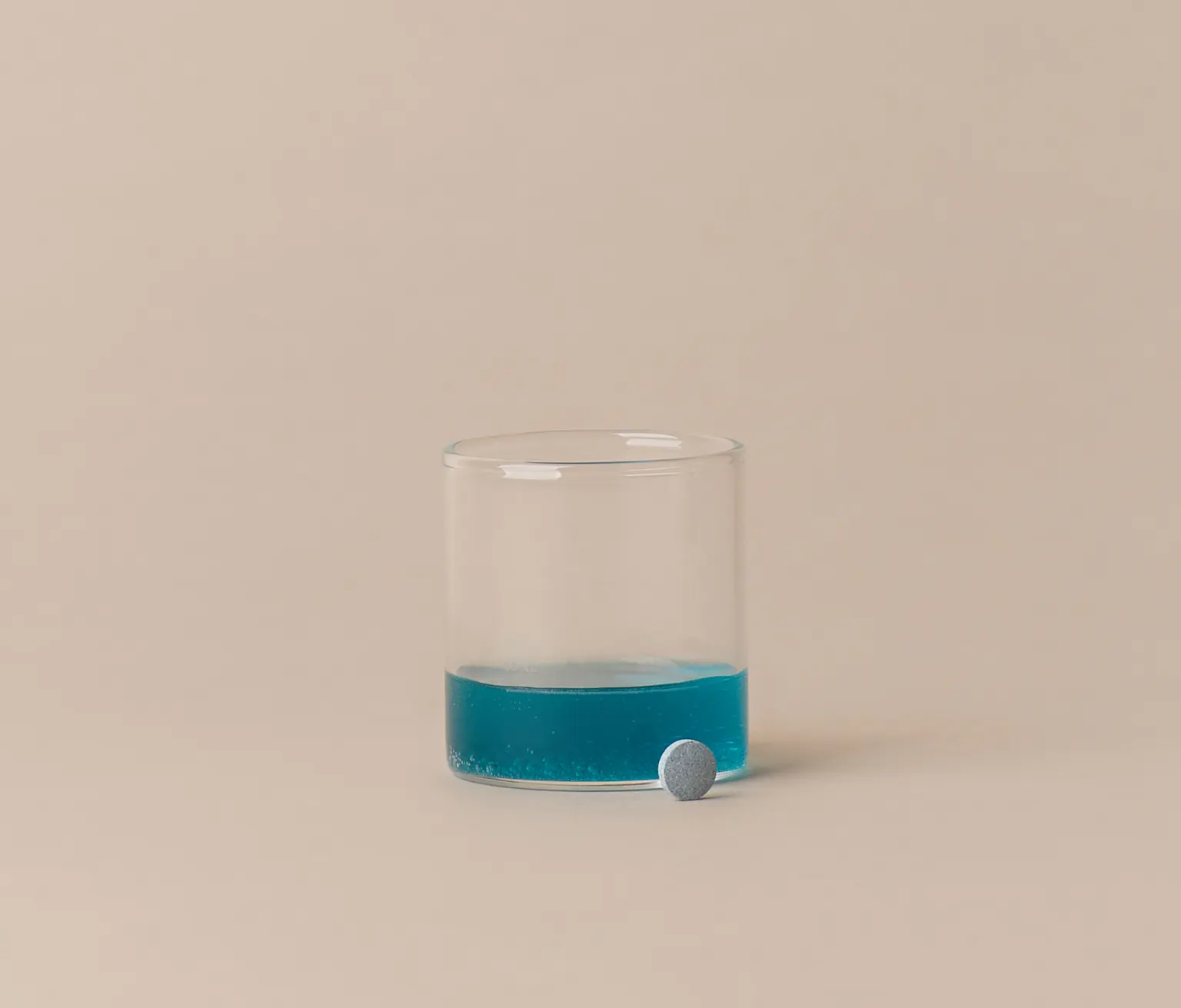We can't find the internet
Attempting to reconnect
Something went wrong!
Hang in there while we get back on track
When you buy through links on our site, we may earn an affiliate commission. Learn more
mouthwash
by Erika Shinpaugh
TLDR
When thinking about mouthwash, you may want to start by washing most of what you know down the drain. Readers may want to reconsider the role mouthwash plays in their lives. While mouthwashes have served diverse purposes over the years, they are most famously marketed as “bad breath germ killers” today. This is due to the typical active ingredient in mouthwash, antimicrobials, which often actually kills good bacteria along with the bad. When it comes to your health, this has the potential to create problems such as antibiotic resistance over time. Additionally, your oral microbiome composition is important for not only your teeth and gum health, but also your overall bodily health. Preliminary research has shown a link between disturbances in your oral microbiome via mouthwashes and an increase in systemic diseases, including diabetes, cardiovascular disease, and even death in hospitalized patients. Many of these outcomes, along with others from other common toxic mouthwash ingredients, appear after long term use of twice or more daily, suggesting that we are overusing mouthwash in our daily lives. While antimicrobial mouthwashes have proven benefits for conditions such as gingivitis (gum inflammation) and plaque (microbial biofilm on our teeth that can be harmful), these conditions are meant to be treated in the short-term and can often be avoided by daily flossing and toothbrushing with a fluoride toothpaste as well as eating a healthier, less refined diet. In cases where a good routine isn’t always an option (or for just the occasional breath fixer-upper!), swishing with essential oils is a historic alternative that has been shown to have similar effects. Other effective occasional alternatives include rinses made of water and salt or baking soda, as well as “oil-pulling” for 15 to 20 minutes most commonly using coconut oil. These alternatives can help reduce harmful environmental effects that would normally occur as chemicals in mouthwash get spat out and travel down the drain, as well as reduce single-use plastic packaging. If readers still feel more comfortable using specifically-formulated mouthwashes, we recommend reading the ingredient lists to vet the necessity and safety of ingredients as well as choosing a solid product in non-plastic packaging to maximize sustainability.
Ingredients to Avoid
Below are some especially relevant ingredients to look for and avoid. This list is definitely not all-inclusive, as many store-bought mouthwashes include a variety of unnecessary ingredients that may have the potential to harm your oral and bodily health or the health of the environment, including acidic stabilizing agents, dyes, and artificial sweeteners. We recommend always checking ingredient lists.
- Antimicrobials, Antibacterials, Antiseptics (including chlorhexidine gluconate, cetylpyridinium chloride, varying essential oils) - Each of these terms have slightly different meanings, but ingredients that fall in this category all target and kill microbes in the mouth. While research has shown their clear medical usefulness in treating certain conditions, newer research is pointing out a wide array of detrimental bodily effects these ingredients could be causing over time (highlighted in TLDR). We do not recommend using these ingredients on a regular basis as preventive care.
- Alcohol - Alcohol mouthwashes can be overly drying, which can cause or worsen dry mouth symptoms. Additionally, studies have shown a link between alcohol in mouthwash and oral cancer, although it is not clear how strong this link is. Some studies have demonstrated benefits from the addition of alcohol while others haven’t, so we suggest just avoiding.
- Sodium Lauryl Sulfate (SLS) - Multiple research studies have linked use of SLS in oral products to canker sores (painful!). There is also some risk in it working as a contaminant to induce aquatic toxicity, although it does biodegrade into nontoxic components relatively quickly.
- Formaldehyde (via quaternium-15) - This one seems like a no-brainer, but it is apparently present in some mouthwashes. Formaldehyde is a well-known carcinogen, so we definitely suggest avoiding it.
Unregulated Terms
-
“Clean” Ingredients - This doesn’t mean much of anything. Vet ingredient lists to ensure necessary, nontoxic, and non-synthetic ingredients as desired.
-
“Natural” - Similar to “clean,” but with more of a focus on sourcing from plants or naturally occurring minerals. Since there is no standard for “natural” ingredients, vet ingredient lists especially by looking into company sourcing information.
-
“Kills bad germs, not good ones” - Many mouthwashes claim something along these lines, spanning from well-known in-store brands to “natural” brands. However, we couldn’t find any evidence to back these claims, other than harsher formulas containing more, stronger antimicrobials will kill more of all microbes in your mouth, while less strong formulas will kill less of both, which may allow the microflora in your mouth some room to rebalance itself.
Certifications
We did not find many relevant mouthwash-specific certifications. Aside from normal sustainability and ethicality certifications, we recommend looking for toxicity info on products. While a few products may have non-toxic certifications, others can be verified by looking into their ingredient lists. If you have an advanced oral health condition, you may want to look for products with the American Dental Association (ADA) Seal of Acceptance, as they have undergone more independent review on safety and efficacy. However, it is unclear if these products will really be much better than non-certified products.
A note on the safety of essential oils
As conscious (indeed, intentful!) consumers, we take extra caution in considering synthetically-made compounds, since we recognize that every day new information about these substances is coming to light that humanity previously did not know. However, this holds true for natural substances as well, as some are poisons even as many are medicines. In the case of essential oils, these substances have been used for a variety of purposes for centuries, but modern research methods are allowing us to discover new information about the usability and safety of their chemical constituents. This is true for several oils often used in mouthwashes, including species of the mint family. Before using an essential oil, always research safety regarding its proper use. Certain essential oils can be highly toxic if swallowed or if too much is absorbed through the skin, especially if undiluted. Additionally, allergic reactions can occur for those who did not realize they were allergic. More research needs to be done, but peppermint seems to be safe when ingested and used externally (both in moderation), and has been used for medical purposes. However, related mint species, such as pennyroyal and wintergreen, can be very toxic if swallowed even in small amounts, so we definitely suggest avoiding them in mouthwash. While essential oils do have risks involved in their use, they have many recognized benefits including their antibacterial, anticancer, anti-inflammatory, and antioxidant abilities, depending on the specific oil. Finally, be sure to buy only pure natural essential oils from a reliable source to ensure you’re not coming into contact with other trace chemicals.
DIY Mouthwash Recipes
These are just some examples, many more formulas can be found with a simple search!
- https://dontwastethecrumbs.com/diy-homemade-mouthwash/
- https://www.personalcaredentistry.com/homemade-mouthwash-alternatives/ (we would suggest avoiding the hydrogen peroxide formula on this list, it is toxic when swallowed)
Oil-pulling Formulas
- https://www.healthline.com/nutrition/6-benefits-of-oil-pulling#TOC_TITLE_HDR_9
- https://ohdeardreablog.com/2018/08/oil-pulling-how-why-fun-recipes.html
Resources
- Environmental Working Group - https://www.ewg.org/skindeep/browse/category/Mouthwash/ - You can look up specific mouthwashes in this database or ingredients by themselves in several of their databases. (Disclaimer: EWG rankings should be taken with a grain of salt as there are limitations on the scope and applicability of the data. Ingredients may not cause harm at doses found in products, however the resources do provide clarity in linking ingredients found in products to research studies done on them.)
- The Environmental Magazine’s “Harmful Ingredients in Mouthwash” - https://emagazine.com/harmful-ingredients-in-mouthwash/
- Shop Ethical! By Ethical Consumer Group - https://guide.ethical.org.au/guide/browse/guide/?type=216 - Australian resource also highlighting American mouthwash brands
- Oral Health Group Mouthwash Review - https://www.oralhealthgroup.com/features/mouthwashes-and-their-use-in-dentistry-a-review/ - very comprehensive and evidence-based
Want more? Become an Intentful Consumer!
Get updates on new research and products. Upvote, comment, and add suggestions to help others.



